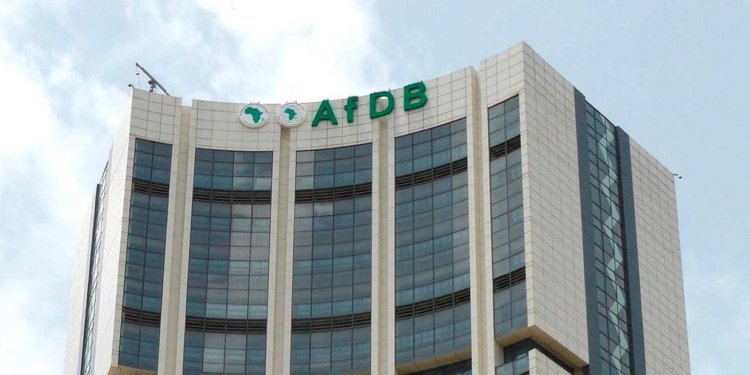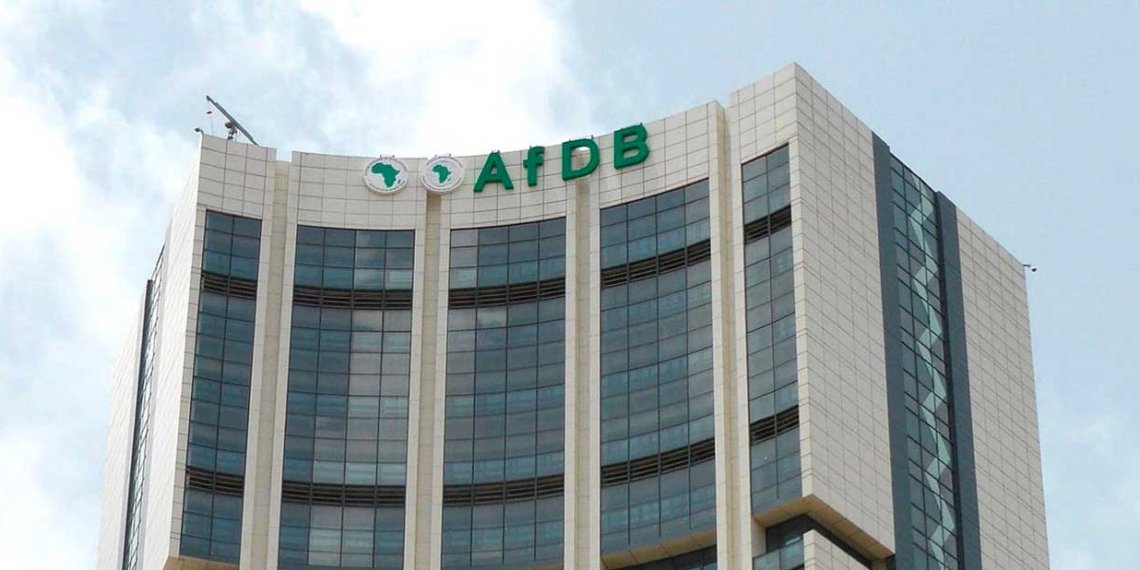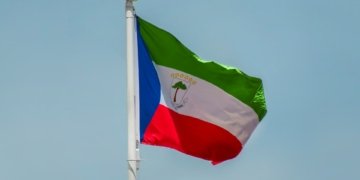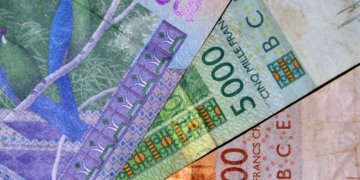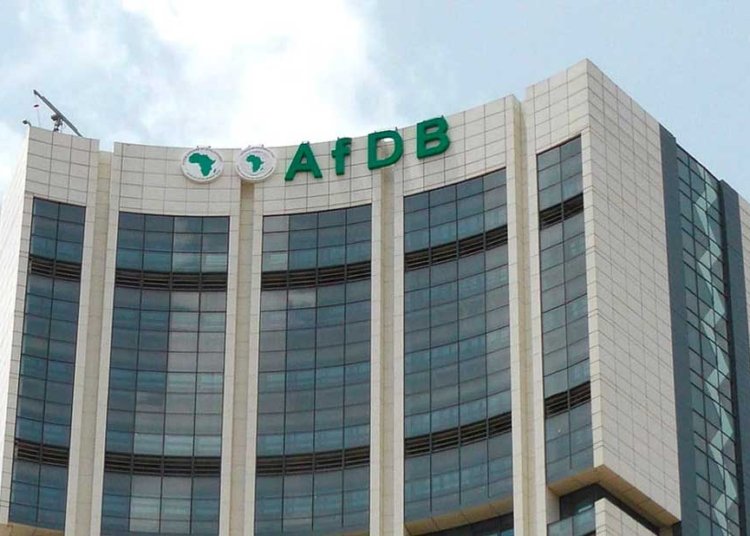DOUALA, Cameroon (BG) – The African Development Bank Group (AfDB) has approved two loans totalling €330.48 million to Cameroon for the reconstruction of a key segment of the Douala-N’Djamena Economic Corridor, a vital artery for trade between Cameroon and Chad.
The funding, approved this week at the bank’s headquarters in Abidjan, Ivory Coast comprises €318.24 million from the Bank Group and €12.24 million from the African Development Fund, its concessional financing window.
The project represents the fourth phase of the Transport Sector Support Program (PAST 4), focusing on the Ngaoundéré-Garoua section. “It addresses national infrastructure gaps while strengthening vulnerable communities against climate change impacts,” according to the AfDB.
Economic Impact of Corridor Improvements
The Douala-N’Djamena corridor spans 2,100km (1300 miles)and is essential for economic activity in Cameroon and Chad.
According to Serge N’Guessan, AfDB’s Director General for Central Africa, the corridor accounts for 35% of Cameroon’s GDP and serves 35% of Cameroon’s population and 20% of Chad’s.
“The renovation of the most deteriorated section, between Ngaoundéré and Garoua, will help improve the performance of the Cameroon road network in order to promote participation and private investment in the agro-industrial, transport, and logistics sectors along the Douala-N’Djamena corridor and at the same time,” N’Guessan said, adding that it also will facilitate cross-border trade.
Key Features of Phase Four
The fourth phase of the initiative adopts an integrated approach, addressing infrastructure gaps while bolstering resilience against climate change. The project will foster youth empowerment, gender equality, and local industry growth, particularly in agriculture, livestock, and agro-industries.
The program’s direct beneficiaries include the 5.68 million residents of the Adamaoua and Nord regions, where women account for 51% of the population, and young people under 20 comprise more than half.
Catalyst for Regional Growth
The initiative is expected to enhance Cameroon’s role as a regional trade hub by upgrading the Douala-N’Djamena corridor.
Improved road conditions will lower transportation costs, reduce travel times, and improve market access, benefiting local industries and farmers.
The corridor’s strategic development aligns with Cameroon’s plans for agro-industrial growth, fostering sustainable economic development.
The reconstruction project also signals regional economic integration, facilitating smoother trade flows and strengthening ties between Cameroon and Chad, contributing to broader regional stability and prosperity.
